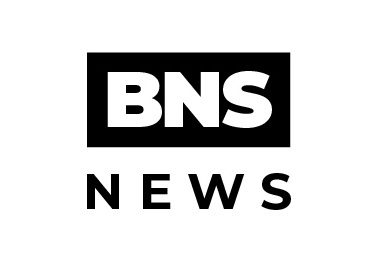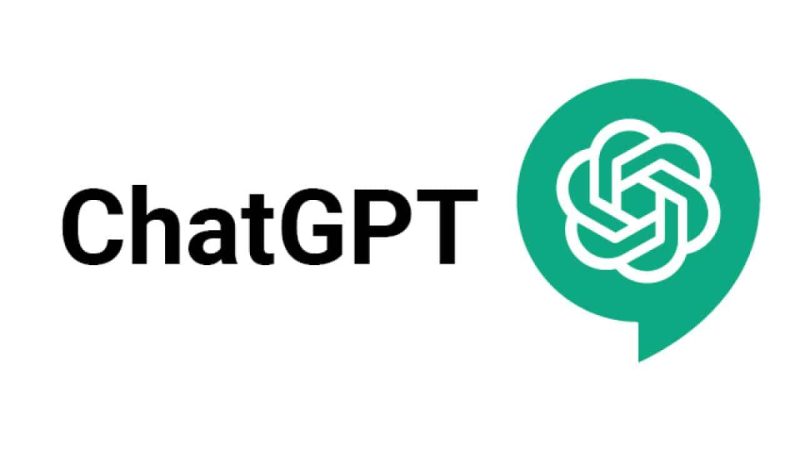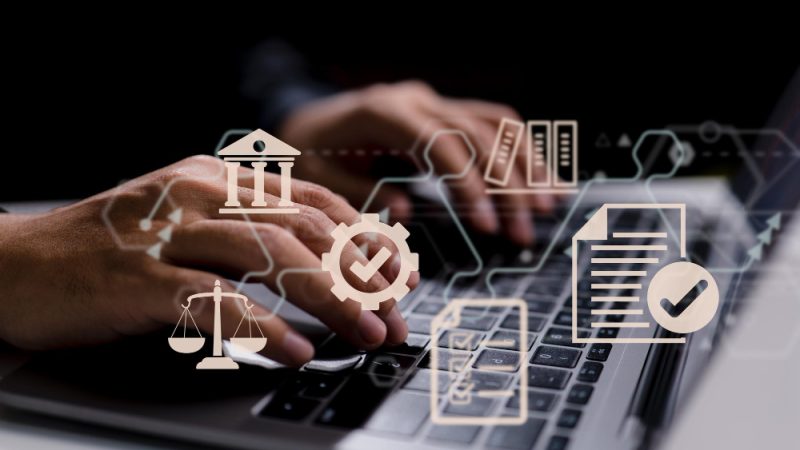How to avoid scams on internet?

|
Getting your Trinity Audio player ready...
|
Most scams on internet follow the same pattern: the fraudster convinces the victim to send money to someone who is not who they say they are. They usually ask you to make a bank transfer or to use an online payment service to obtain your money. Many scammers operate in countries other than the one the victim is in, which makes the forces of order’s work, and the attempt to get the money back, harder.
People asked to make a bank transfer or to pay a third party in a country they do not know (or have no business with) need to be extremely careful, as it is the first red flag of a potential scam.
Consumers also need to be careful in situations where they’re asked to bring cash to buy something from a potential ‘vendor’. There have been many cases of people being robbed (or worse) once they got to the meeting place to buy a tv, a computer, or whatever object was supposed to be sold.
An overview of classified adverts scams on internet
Online scams are but a variant of scams using advance fees, which have been around for years. The scammer takes advantage of technological progress to create a fake email address, a website, cheques that looks authentic, and even logos from known brand, in an effort to appear real and credible.
Communication between buyers and sellers is originally done through websites such as Ebay (but also local sites, such as Leboncoin in France). If most communication afterwards happens via emails or text messages, some scammers use phone calls and identity theft to hide their real phone numbers.
Whether it is a selling or a buying situation, the scammer uses several means to persuade the victim to send them money. It can be fake online payment systems, or a more direct transaction. Once the payment is done, the scammer disappears with the victim’s money. Those scams exist and are more frequent than we think, so it’s important to be careful.
Advice to avoid internet scams
Safety first
Whether you’re buying or selling a product online, you’ll most likely not know the person you’re making the transaction with. If you have arranged a face-to-face meeting with the other person, take the following precautions: meet up in a public space; tell your friends and family where you’re going, who you’re meeting, and when you think you’ll be back; you can ask someone to accompany you; make sure to bring your phone; if the situation takes a weird turn, hide in a safe spot as quickly as possible.
Beware of online payment services you need to access via a link or an email
Don’t forget that links can be hidden and logos can be counterfeited. If you intend to use what you think is a well-known online service, go directly on their website, instead of using the information provided by the seller/buyer.
Don’t rush
If someone really wants to make business with you, they’ll wait until you’re ready to make a lawful transaction. Moreover, if someone wishes to change the sale’s terms (for example, the location or the means of payment) do not let yourself get carried away and rush to make the transaction, as you could be blind to potential problems.
Be careful when sending money to someone you don’t know
Many people believe that bank transfers, just like personal cheques, can be cancelled anytime. This is not the case. If you transfer money via Western Union or MoneyGram, you cannot get the money back once the person you sent it to has received it. And since the money can be retrieved from anywhere around the world, it is nearly impossible to trace it. Once the money has been transferred to a foreign country, forces of order have few means to recover it.
Bank cheques are not the same as cash
Counterfeited cheques can sometimes look real. Just because the money seems to be on your bank account doesn’t mean that the cheque was authentic. Indeed, banks put the money on the bank account quickly, but they still have to check the authenticity of the cheque, which takes a while, meaning that weeks could pass before the bank discovers that the cheque was a counterfeit.
The bank can bounce the cheque if it’s a counterfeit
Once the counterfeited cheque is on the victim’s account, the victim may owe the bank the money that was transferred. Usually, the bank doesn’t cover for the loss, and expects the victim to pay the difference. The best thing to do is to contact the issuing bank before you do anything with the cheque, to check the authenticity. Do not use the information provided on the check to contact the bank. Instead, do your own research and find the contact details via a legitimate directory.
A transaction that seems too good to be true most likely is
Always beware of people who want to pay more than the demanded price or who want to sell you something at an incredibly cheap price.
Beware of third parties and agents
If a third party is indeed owed money, it is their client who has to pay them, not you. Do not transfer money to a third party.
As we’ve seen, it’s important to stay vigilant when you sell or buy products on online marketplaces. There exists secure means of payment nowadays, and if you make sure to use them as well as keep our advice in mind, you shouldn’t have a problem. Now you’re ready to sell and buy securely!






